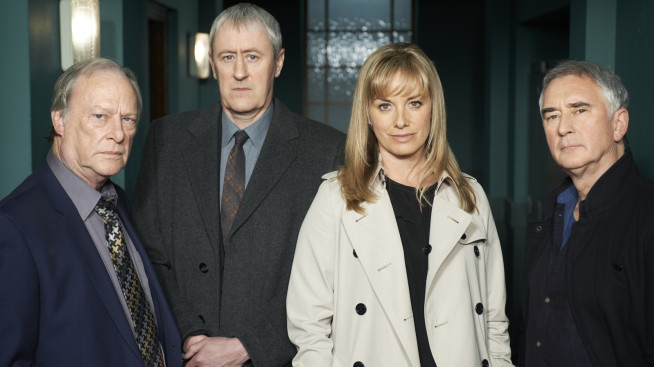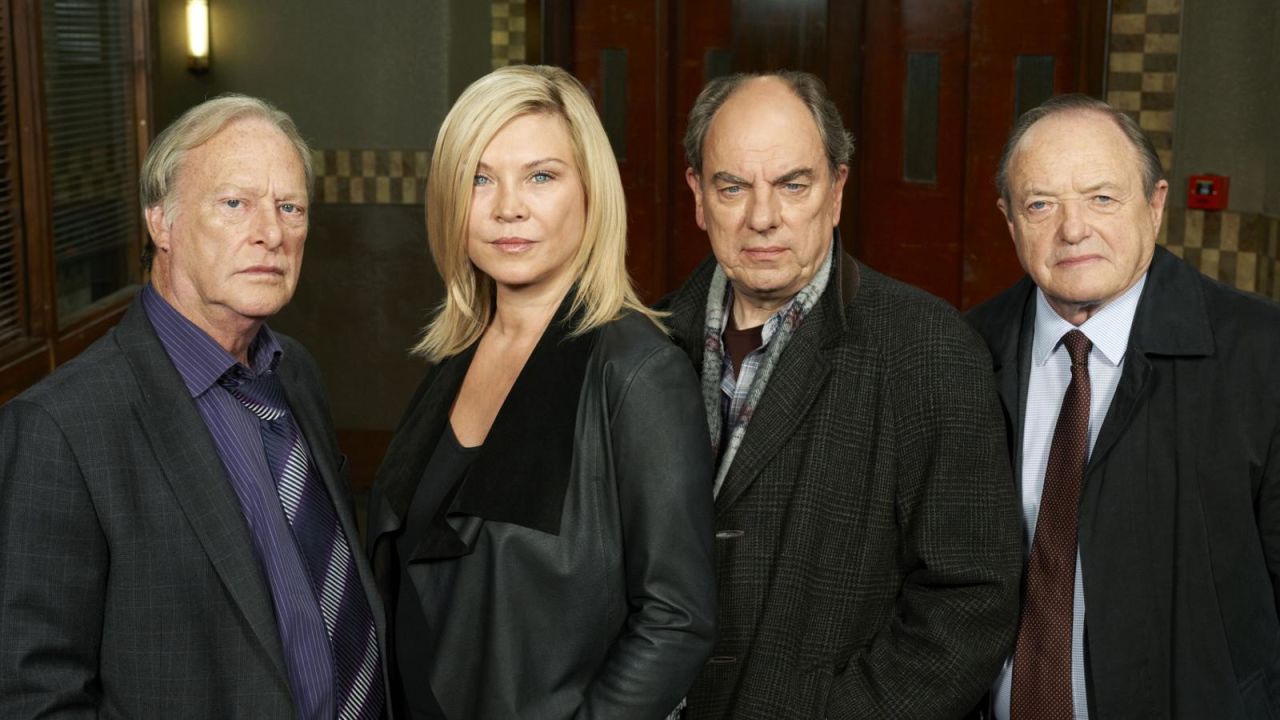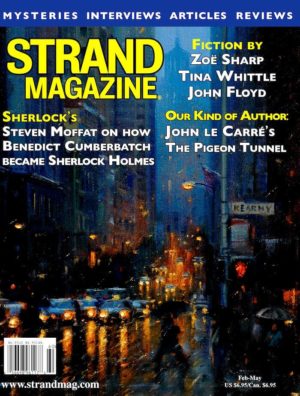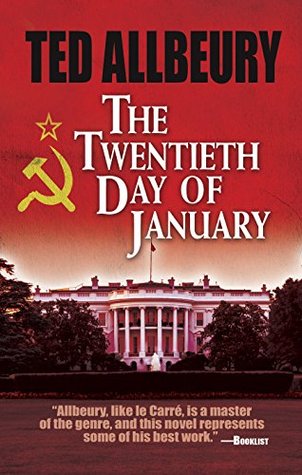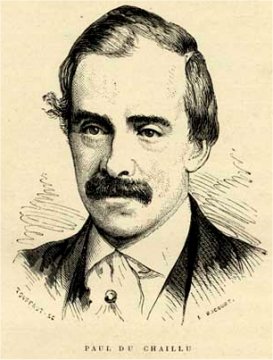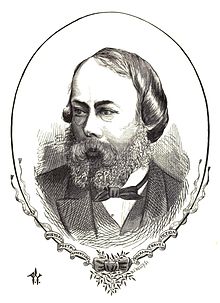Family Fortnight + Leading up to the International Day of Families on the 15th of May, we bring you the fifth in a series about mystery writers’ take on families. Settle back and enjoy!
by Robert Lopresti
This appeared on Criminal Brief in 2009. Seemed appropriate for our family celebration.
I just got back from a week of visiting family on
the east coast. I spent a few days with all three of my siblings for
the first time in a decade – although we’ve all seen each other more
often than that.
There were nine family members, plus a couple of other special guests
who were there part of the time. Almost sixty years of age separated
the oldest from the youngest. So, what did we do when we got together?
Well, we ate. Mmm, lasagna! But mostly we told stories.
First we talked about travel. Miserable plane trips. Who we saw before arriving. Where we toured the day before.
Next came news briefs: job changes, school stuff, future plans.
Then came health issues. Plenty there to discuss as most of us travel through (or past) middle age.
But finally we got to what you might call Deep Story: family
memories, some of them dating back before my birth. Do you remember the
time the tree fell on the house? When did we sell the bungalow down the
shore? Did you hear that Grandma worked for Thomas Edison?
Sometimes it turns out we heard the stories differently, or even
remember the same events differently. But that just made the discussion
more interesting. (The youngest of the clan politely ignored the
chatter of her elders, while offering her own salute to story-telling:
she was rereading
Harry Potter.)
At one point I held the floor for several minutes (probably too
long), telling everyone about one of my adventures. And as all eyes
were turned in my direction I starting thinking about the narrative
urge. The desire to tell and listen to stories, which keeps us writers
of fiction in business, seems to be built into the family heritage. And
I don’t mean just the Lopresti family.
A very old story
Once upon a time, a
very long time ago, two sisters were born.
Since language had recently been invented, the proud parents were able
to name their children, and they called them Og and Zog. The girls
resembled each other in looks and personalities, but there was one tiny
difference between them.
Og was fascinated with stories. She liked to hear them and to tell them. Zog, on the other hand, didn’t care for them.
It turned out that Og’s children inherited her fondness for stories. And that’s where things get interesting.
When gatherers came back and reported where they had found the most
honey, Og’s children paid close attention. When a hunter came back,
frightened and bleeding, and explained why you should never,
ever
cross a meadow if animals are behaving in a certain way, the sons and
daughters of Og took in every word. And when the wild-thinker in the
tribe explained that these berries were sacred to the gods and must
never be eaten, guess who took this rule to heart.
Which meant Og’s children were slightly more likely than Zog’s to
find the honey, avoid the lion, and ignore the poisonous berries. Which
gave them a tiny advantage in survival.
And so, while Og and Zog had the same number of children, Og had more
grandchildren, and even more great-grandchildren. Give or take a few
thousand generations and most of us have some of Og’s blood in our
veins. That’s evolution, baby.
A love story
I feel like I need to pay this off with a family story, so here’s one I heard the last time I visited my father, a few months before he passed.
Dad told me that
his father came to the United States
from Sicily early in the twentieth century. John remembered a family
from his village who had come to New Jersey earlier. Mostly he
remembered a girl named Mamie.
He went to the Garden State and found the family, but alas, Mamie had
made up her mind to become a nun. This, of course, was not what John
had in mind.
Now it happened that Mamie’s father ran an ice cream parlor in
Plainfield, New Jersey. He wasn’t very good at it. The ice cream was
fine. The problem was when customers came in he had a habit of telling
them “I’m busy. Go away.” Experts in retail tend to frown on this as a
sales technique.
It occurred to him that if John married his daughter they could take
the shop off his hands. So, with a little paternal persuasion, Mamie
agreed to give up her hopes for the nunnery and instead become a wife
and eventually the mother of four children.
Her husband John turned the ice cream parlor into a grocery store,
which is what you see in the picture above. (Alas, the people in sight
are not my relatives.)
“So what happened to Great-grampa?” I asked my father. “Did he find a business where he didn’t have to deal with the public?”
“Not exactly,” said Dad. “He became a bootlegger.”
Final thought
Do you have relatives your own age or older? Have you asked what
they remember about your family’s history? Is anyone writing these
stories down?
Because if not, they will soon be as lost as the stories Og told her children.

 As
I said then, we attempt to have a new masterpiece up every day at
midnight, Eastern time. People being human and the Blogger software
being occasionally possessed by demons, we are sometimes late. But if
you check in after midnight you should see our one and only entry for
the day. (On rare occasions more than one entry has appeared in the
same day, but that means one of us - usually me - has lost another fight
with Blogger.)
As
I said then, we attempt to have a new masterpiece up every day at
midnight, Eastern time. People being human and the Blogger software
being occasionally possessed by demons, we are sometimes late. But if
you check in after midnight you should see our one and only entry for
the day. (On rare occasions more than one entry has appeared in the
same day, but that means one of us - usually me - has lost another fight
with Blogger.) I
use Feedly. The first illustration shows some of the blogs I follow.
The numbers indicate that there are X many entries I haven't yet read.
I
use Feedly. The first illustration shows some of the blogs I follow.
The numbers indicate that there are X many entries I haven't yet read. A third suggestion: Are there any other blogs you check regularly? Some of them have a blogroll, a list of their favorite blogs, with the most recent etnries showing. This illustration is from my website Little Big Crimes.
A third suggestion: Are there any other blogs you check regularly? Some of them have a blogroll, a list of their favorite blogs, with the most recent etnries showing. This illustration is from my website Little Big Crimes. 

.jpg/220px-MotherNight(Vonnegut).jpg)






